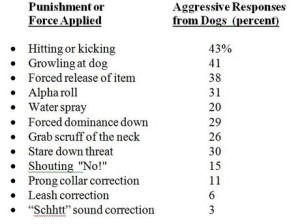Positive Reinforcement Training & a Puppy Named Zoro!
Zoro is our latest foster pup (He’s looking for his forever family!). We picked him up late on Thursday evening & since Friday until this morning he’s had about six seasons of around five minutes each.
httpv://www.youtube.com/watch?v=a40PX-J9oC4
Zoro already knows how to sit, lie down, hand target, & follow a moving target (for a spin). He’s working on recognizing his name, a recall, & an interrupter noise (handy if you would like to get a puppy’s attention). Zoro is also well on his way towards being house trained!
With positive reinforcement, communication is clear & learning is fun! Contact PAW today if you would like to begin learning with your companion animal!


